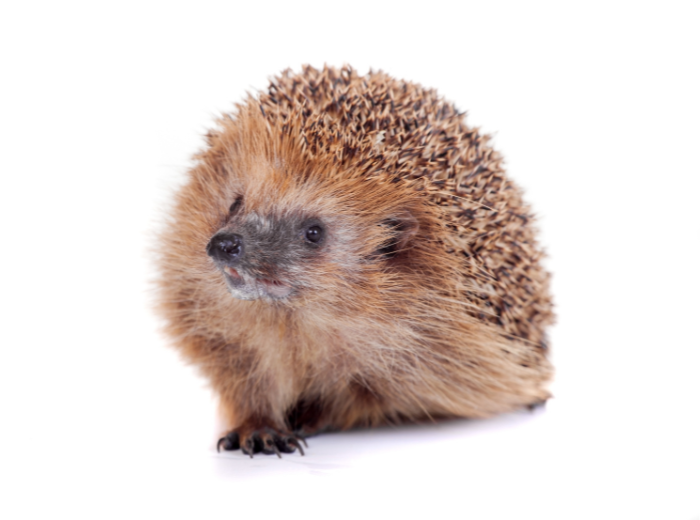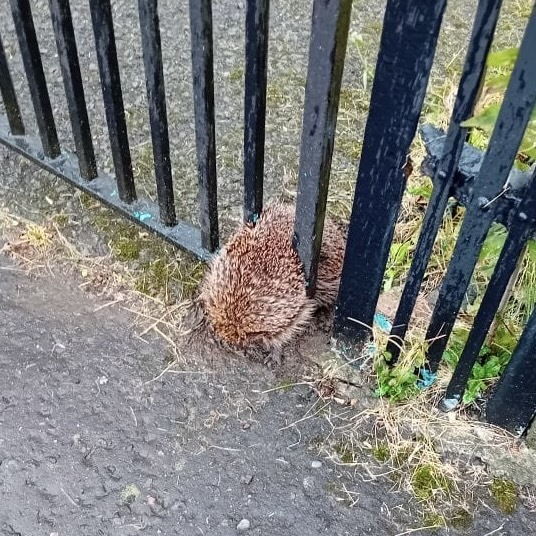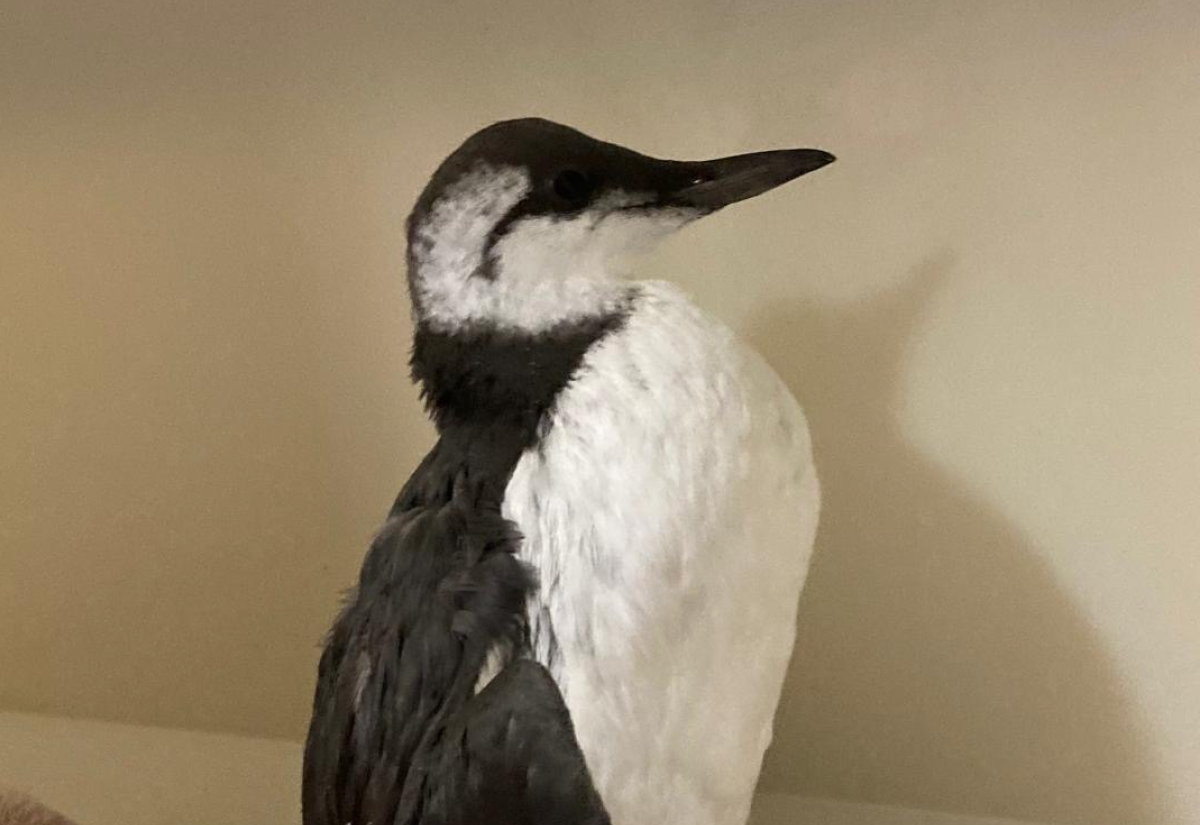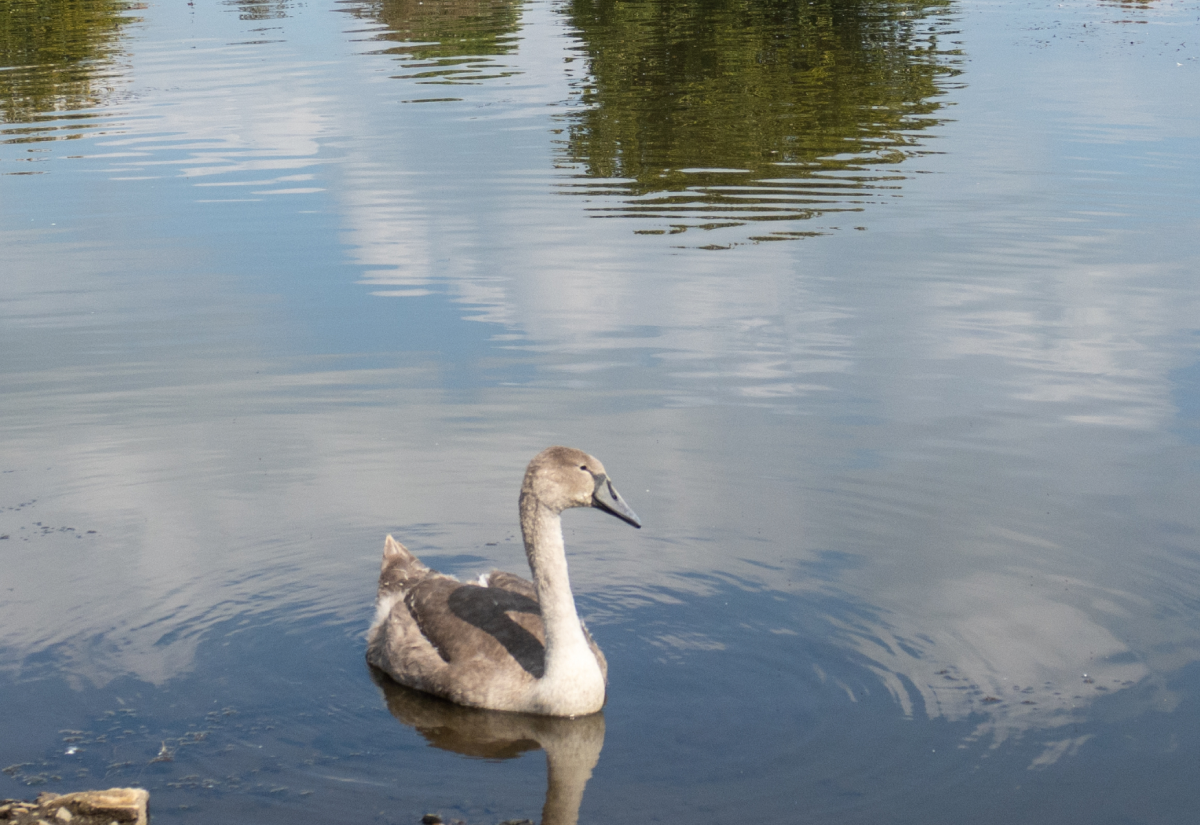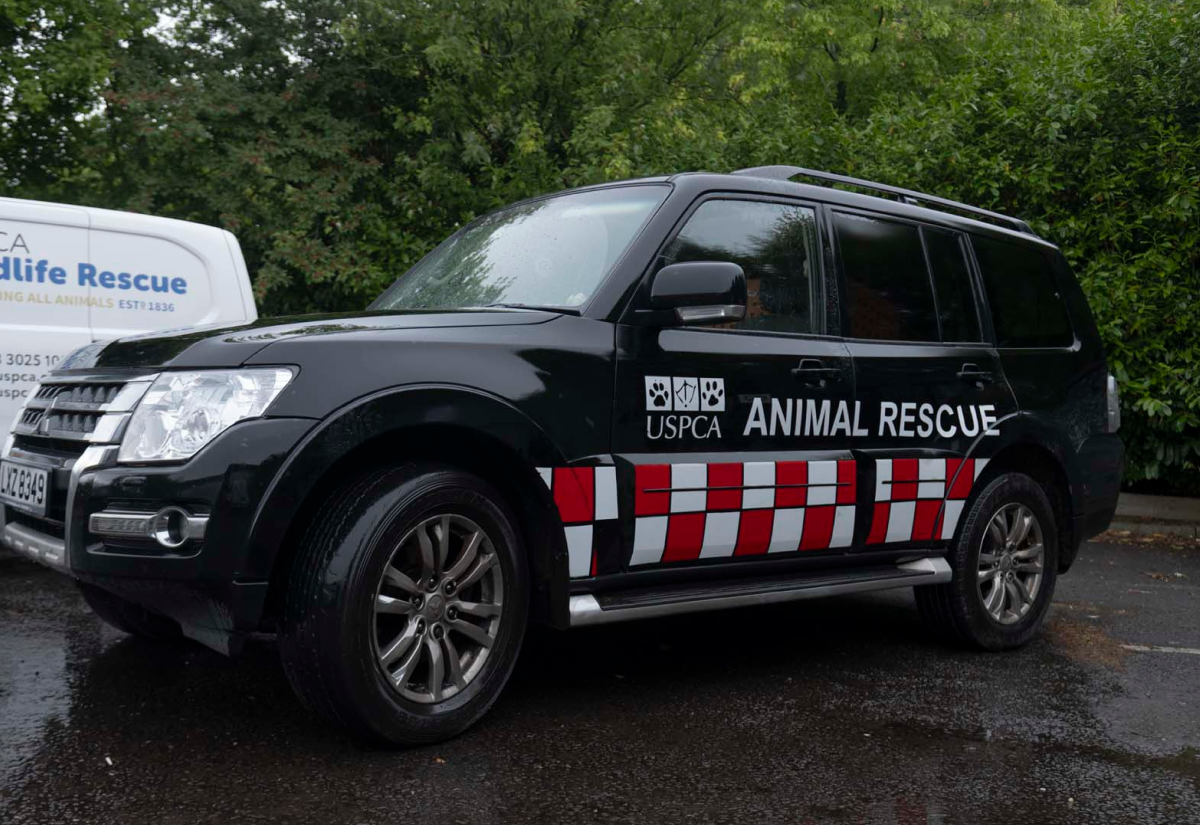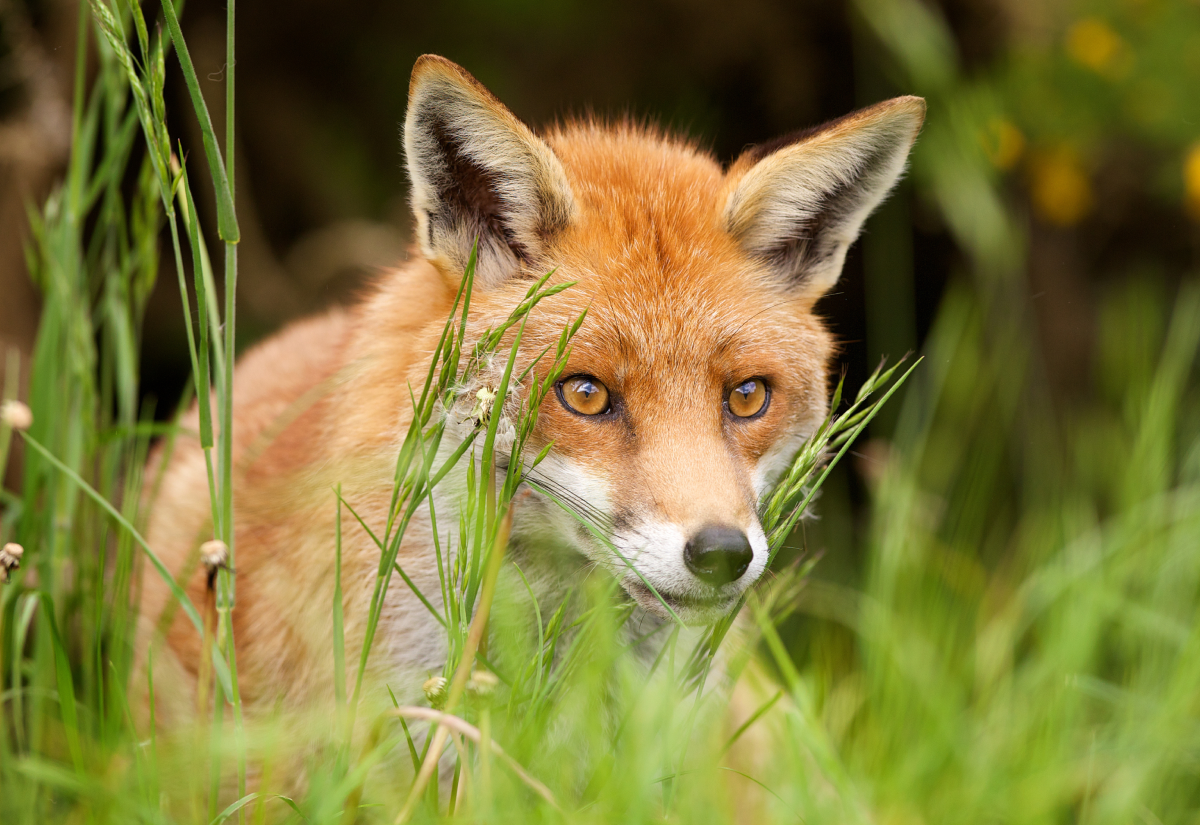
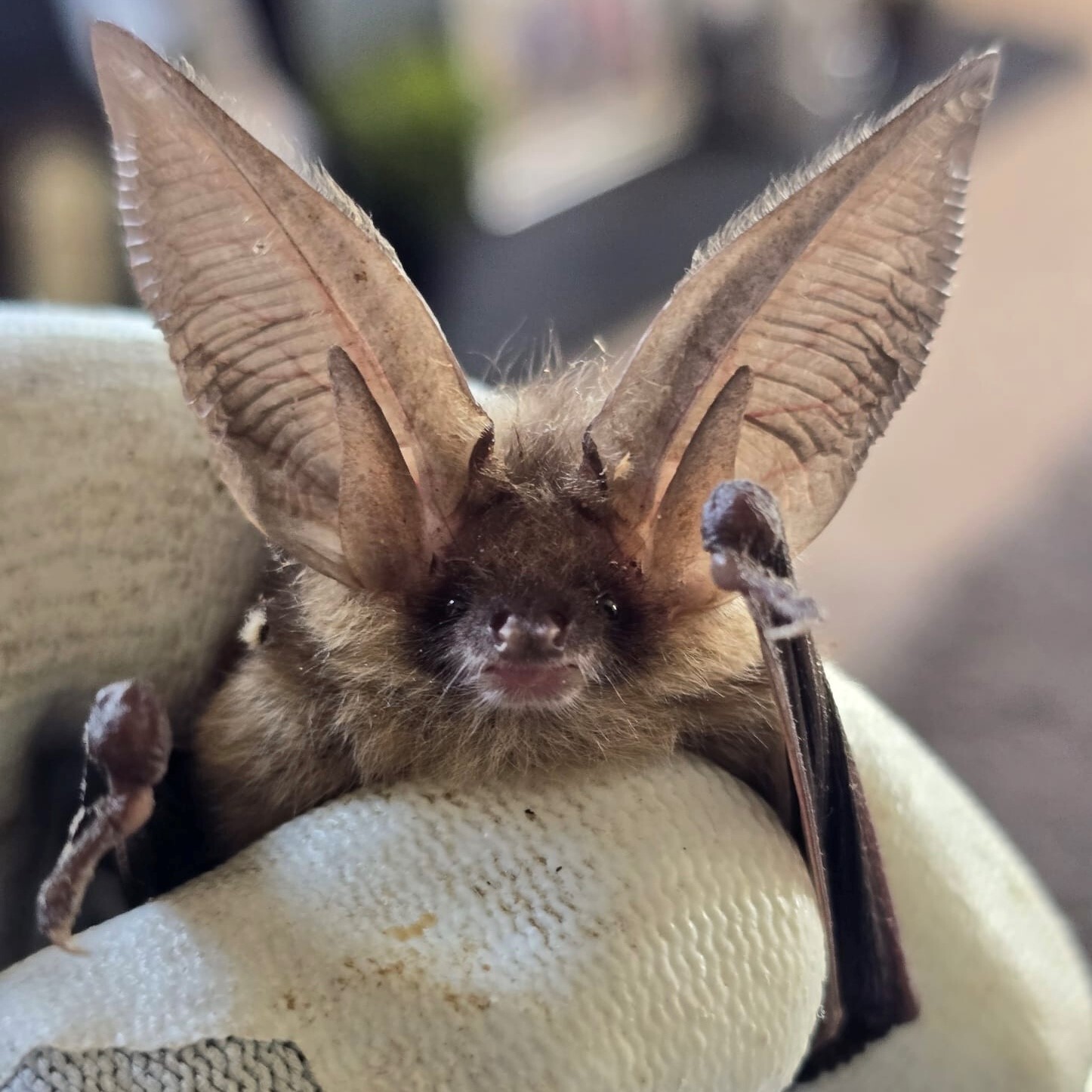
1,057 wild animals rescued in NI 2023/24
Our rescue team
This growing group of wildlife rescuers receive thorough training and are working around the clock to preserve the existence of wild animals. The team operates a co-ordinated emergency service for wildlife operating 7 days a week.
Our Wildlife Rescue Volunteer team are proud to be recognised as finalists in the BBC Springwatch Wildlife Hero Awards 2024.
Wildlife releases
Further information
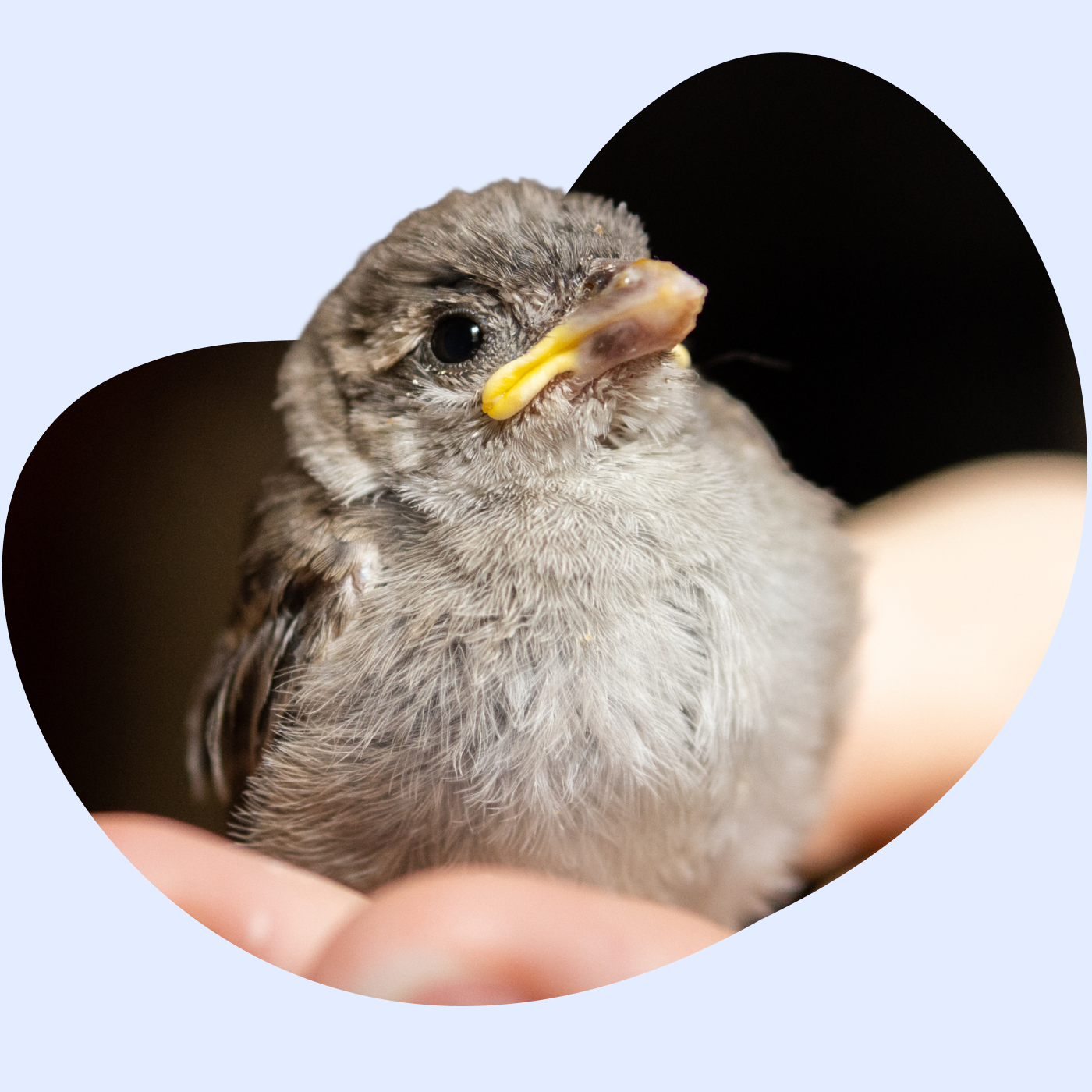
We are looking for wildlife food donations
Our work is funded solely through donations from the public. You can help make a difference by donating pet food to support the animals in our care and further afield, as we supply vital pet parcels to food banks across Northern Ireland.
